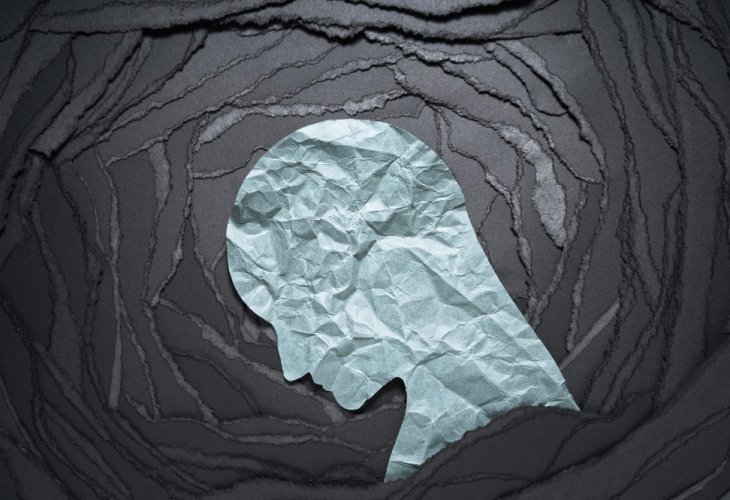Depression and Anxiety
What Is Anxiety? Causes, Symptoms, and Effective Ways to Cope
Understand the Mental and Physical Signs of Anxiety and Learn Practical Techniques for Relief and Recovery
 (Photo: shutterstock)
(Photo: shutterstock)Anxiety is a natural increase in physical and mental alertness and an essential mechanism for healthy functioning. It signals that something we care about feels threatened. Like the strings on a musical instrument that make no sound if they are too loose and produce a jarring tone if too tight, some people naturally have higher or lower baseline anxiety levels.
Why Do We Sometimes Feel Sudden Anxiety?
Anxiety acts like an internal alarm system. In the human experience, we function across three levels of mind, emotion, and behavior. The mind doesn’t communicate directly with the body, and so it sends its signals through emotion. When the mind detects danger, it prompts a feeling of anxiety, which then tells the body to prepare for a physical response.
How Does Anxiety Manifest?
Emotionally, anxiety shows up as hyper-vigilance, insecurity, or a fear of collapse. Physically, it may cause sweating, increased heart rate, dizziness, nausea, tension, or sleep disturbances. The body reallocates energy from the core to the limbs to prepare for “fight or flight”. Because the body doesn’t always distinguish between physical and emotional threats, even psychological stress (like fear of failure) may trigger a full-body response.
Why Is It So Hard to Calm Down Afterward?
Even after the rational brain understands the danger has passed, emotions and the body take longer to “cool down.” Just like food needs time to cool after cooking, your nervous system needs time to return to baseline.
Is Anxiety Always Triggered by External Danger?
Not necessarily. It can also stem from internal conflicts, worries, or existential fears. In normal life, we’re focused on daily routines, which give us a sense of continuity and stability. When something traumatic disrupts this flow, it can expose deep-seated insecurities and shake our assumptions about safety.
Why Do Crises Trigger Waves of Anxiety?
Everyday worries are like coffee grounds settled at the bottom of a cup- they're there, but we don't taste them. A sudden traumatic event stirs up those hidden fears. When our sense of stability is broken, we may no longer trust that “what was will continue to be.” For those already prone to anxiety, even small disturbances can feel overwhelming.
Should You Talk About Anxiety?
The verse “Worry in the heart of a man, let him suppress it” (Proverbs 12:25) has two interpretations: one suggests speaking about the worry, the other suggests distracting from it. Both can be helpful depending on context, but the key is not to be alone in your distress. Whether you speak up or find healthy distraction, balance is crucial.
How Can You Calm Anxiety?
Name the feeling. Acknowledge: “What I’m feeling is a spike in anxiety.”
Normalize it. Anxiety is a natural response, not a flaw.
Avoid fearing the fear. Worrying about being anxious makes it worse.
Restore routine. After a crisis, return to familiar habits to rebuild continuity.
Regain control. Take action in areas where you have influence to combat helplessness.
Use calming tools. Rely on techniques that have helped you in the past such as breathing exercises, movement, prayer, or meaningful conversation.
Seek support. Don’t hesitate to reach out for professional help when needed.
Chaim Dayan is a clinical social worker, PhD candidate, and Chair of the “Hakeshev” Institute.

